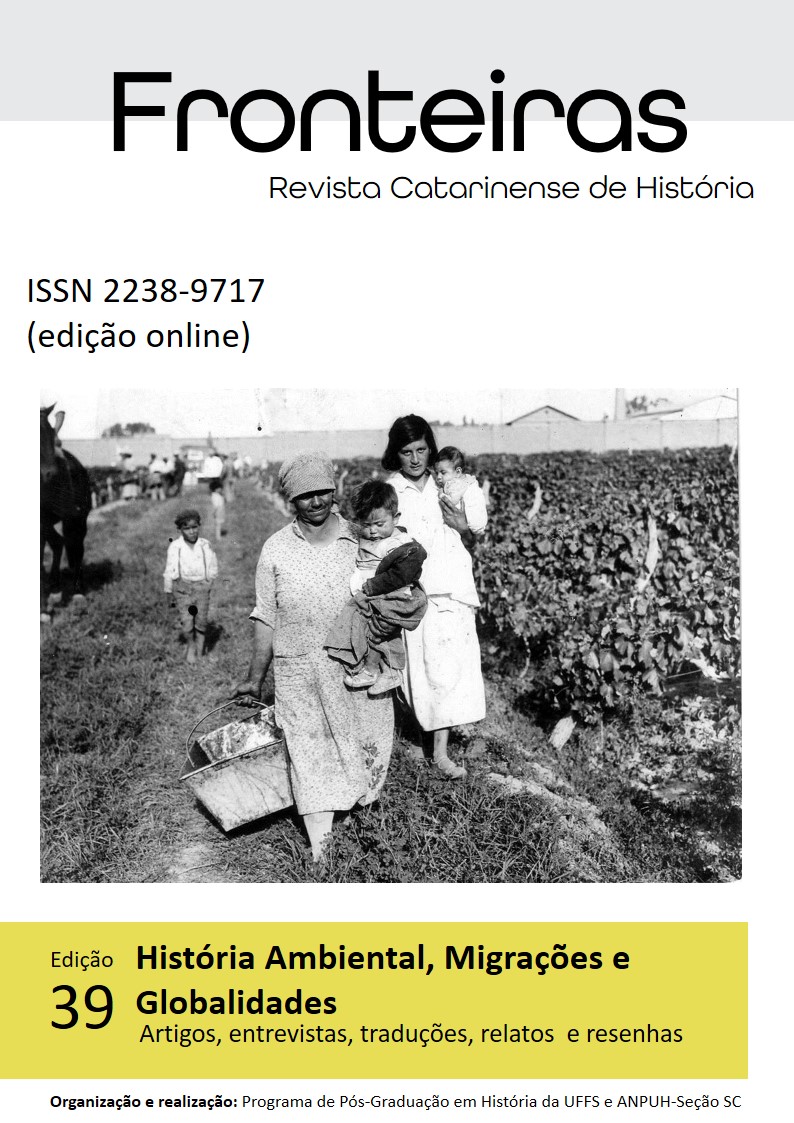German migration, imperial science, and the translation/colonization of local ecologies of the subtropical climate in South America
DOI:
https://doi.org/10.29327/253484.1.39-6Keywords:
German migration, Climate, Subtropical, ClimatologyAbstract
This paper discusses the emergence of the subtropical climate in South America under the imperial and technological perspectives of German and Habsburg climatology and its intertwinements with German colonization in the region between the 19th and 20th centuries. German and Habsburg empires encouraged scholars to construct scientific climatology in order to address imperial agendas within their domains or wherever they had some degree of influence. Southern South America became since then a hotspot for climate research, since imperial interests expanded towards the Cono Sur region especially through German forest colonization. This study assumes that rather than being a naturalized climatologic notion, the subtropical converged into an array of possibilities for global empire building, the perspectivation of which contributed to the emergence of the climatological concept. The idea of the subtropical in South America entailed and confirmed racial, social and environmental inequalities and grounded the ulterior development of the region. In an attempt to decenter Eurocentric narratives, the intention of the paper is to set the subtropical into a global arena of determination by emphasizing the colonial instances of climate colonization and thereby bringing on contested climatic geographies.



















